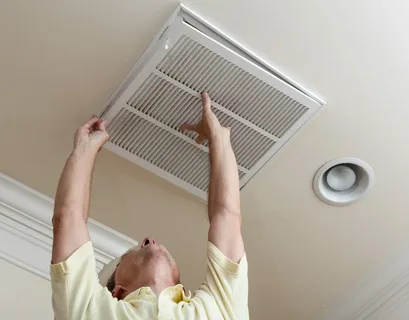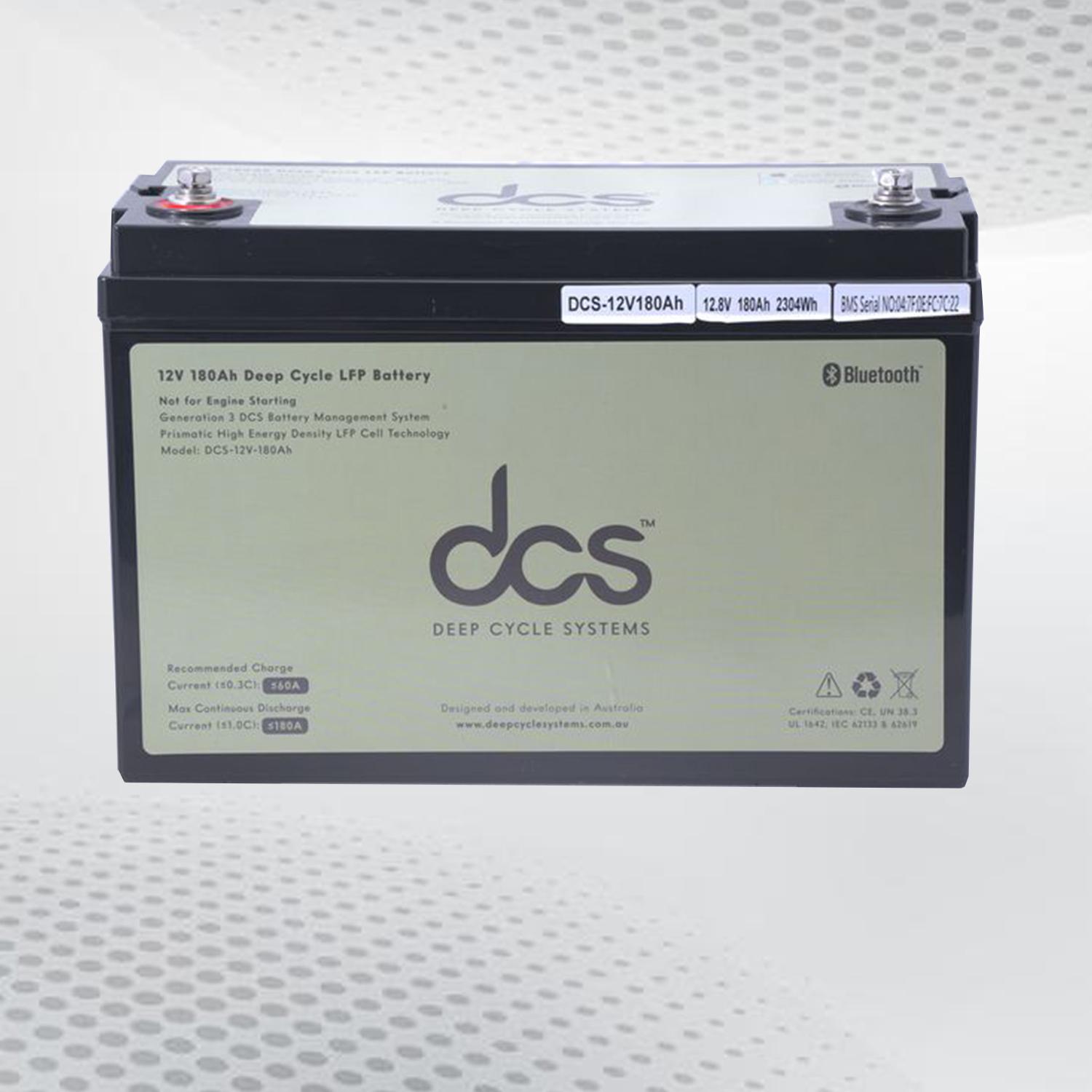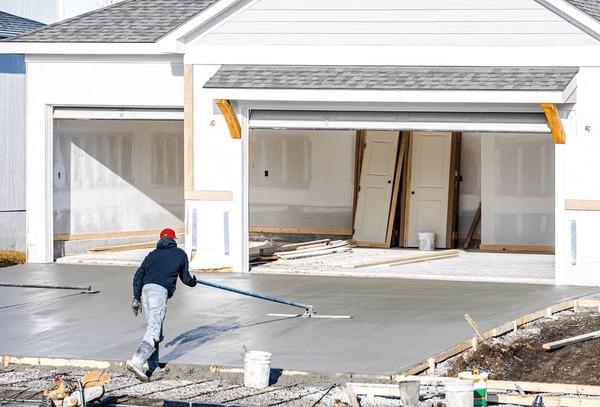Reduce Humidity & Odors with Residential air exchanger

Are you tired of dealing with your home's stuffy rooms and unpleasant odours? If so, you're not alone. Many homeowners struggle with high humidity levels that lead to discomfort and poor indoor air quality. Imagine walking into a fresh, clean environment where the air feels crisp and inviting. This isn't just a dream—it's possible with the right solutions.
Enter the residential air exchanger, an innovative system to tackle these issues. This powerful appliance can transform your living space into a healthier haven by efficiently managing humidity levels and reducing unwanted smells. Are you curious about how it works and what benefits it offers? Let’s dive deeper into the world of residential-air exchangers and discover how they can enhance your home environment!
Understanding Humidity and its Effects on Indoor Air Quality
Humidity refers to the amount of moisture in the air. While some humidity is necessary for comfort, too much can lead to significant issues indoors.
High humidity creates a breeding ground for mould and mildew. These unwanted guests thrive in damp environments, posing health risks like allergies and respiratory problems
Moreover, excessive moisture can damage your home. Over time, it may warp wooden structures or compromise insulation materials. This affects aesthetics and increases energy costs as your HVAC system works harder to maintain temperature.
Additionally, high humidity levels contribute to an overall stuffy atmosphere. The air feels heavy and uncomfortable, affecting sleep quality and daily activities.
Understanding these effects is crucial for maintaining good indoor air quality. By regulating humidity levels, you can create a more pleasant living environment while protecting your family's health.
What Is A Fresh Air Exchange System?
A fresh air exchange system is a specialized ventilation system that improves indoor air quality. It facilitates the exchange of stale, humid air with fresh outdoor air, helping maintain a balanced atmosphere in your home. These systems are equipped with filters and heat exchangers, allowing them to operate efficiently throughout the year. During winter, they can transfer heat from outgoing air to incoming fresh air, which helps save on energy costs.
A residential-air exchanger can reduce humidity levels while minimizing odours caused by cooking or pets. It's an effective solution for energy efficiency in tightly sealed homes, but it still needs proper ventilation. This technology enhances comfort and promotes healthier living environments by reducing indoor allergens and pollutants.
How Does An House Fresh Air System Work?
A house fresh air system operates by exchanging stale indoor air with fresh outdoor air. This process helps significantly reduce humidity levels and odours in your home. When activated, the system pulls in outside air while exhausting an equal volume of indoor air. The two airstreams pass through heat exchange cores or plates, allowing them to transfer temperature without mixing.
This means that during colder months, incoming air gets pre-warmed by departing warm air. In warmer seasons, the reverse happens—exhausted coolness enhances incoming hot air. The result?Improved energy efficiency alongside enhanced comfort throughout your living spaces. By continuously cycling fresh air through your home, you help maintain optimal indoor conditions for health and well-being. This prevents pollutants like dust and allergens from lingering indoors longer than necessary.
Benefits of Installing an Air Exchanger in Your Home
Installing a residential-air exchanger brings multiple advantages to your home. One significant benefit is improved indoor air quality. You can significantly reduce pollutants and allergens by continuously replacing stale air with fresh outdoor air.
Another advantage lies in humidity control. Air exchangers help maintain balanced moisture levels, preventing mould growth and damage to your property. This creates a healthier environment for everyone.
Energy efficiency is also enhanced with an air exchanger. These systems are designed to recover energy from outgoing warm or cool air, making it easier to regulate temperature while saving on utility bills.
Additionally, odours from cooking or pets are less likely to linger when there’s consistent airflow throughout your living spaces. A fresher atmosphere contributes to comfort and overall well-being—making every room vibrant and inviting.
Factors To Consider When Choosing Fresh Air Ventilation
Choosing the right fresh air ventilation involves several important factors. Start by assessing your home’s size and layout. An appropriately sized unit ensures efficient airflow.
· Consider the climate in your area, too. Some models perform better in humid environments, while others excel in drier conditions. This can significantly affect performance and energy efficiency.
· Next, look into the type of filters used. High-quality filters effectively trap allergens and pollutants, contributing to improved indoor air quality.
· Energy efficiency ratings are also vital. Opt for a model that balances effective ventilation with lower operational costs to save on utility bills over time.
· Also, consider features like heat recovery or humidity control options. These can provide added comfort throughout varying seasons.
Check customer reviews and warranties manufacturers offer to ensure reliability and support after installation.
Maintenance and Care for Your Residential-air exchanger
Regular maintenance is crucial for the efficiency of your residential-air exchanger. Start by checking and replacing filters every few months to ensure optimal airflow. Clogged filters can lead to reduced performance and increased energy costs.
Inspect the unit's exterior and interior components for any wear or damage. Dust buildup can occur over time, so a gentle wipe-down with a damp cloth will help maintain functionality.
Listen for unusual noises when the system operates; these may indicate mechanical issues that need attention. Additionally, keep an eye on humidity levels in your home—if they remain high despite using the exchanger, it may require professional servicing.
Consult your manufacturer’s guidelines for specific care instructions tailored to your model. Proper upkeep will not only extend the life of your air exchanger but also enhance indoor air quality throughout your living space.
Installation and Maintenance Tips
When installing a residential-air exchanger, precision is key. Start by choosing an optimal location that allows for efficient airflow. Make sure the unit is easily accessible for future maintenance. Follow the manufacturer’s guidelines carefully during installation. Secure all connections and ensure proper sealing to avoid any leaks. This will enhance energy efficiency and performance.
Regular maintenance is essential for your air exchanger's longevity. Clean or replace filters every few months to keep airborne particles at bay. Dust buildup can significantly reduce efficiency. Inspect ductwork periodically for blockages or wear and tear. A well-maintained system operates more effectively, ensuring excellent indoor air quality year-round. With a hygrometer, you can monitor humidity levels in your home. You can adjust settings to maintain comfort without overworking the unit, which could lead to unnecessary repairs.
Common Issues with Air Exchangers and How to Fix Them
Air exchangers can encounter a few common issues that homeowners should know about. One frequent problem is inadequate airflow, which may stem from clogged filters or blocked ducts. Regular inspections and timely filter replacements are essential to maintaining optimal performance.
Another issue is excessive noise during operation. If your air exchanger starts making unusual sounds, it could indicate loose components or motor problems. Tightening screws and checking the fan can often resolve this concern.
Sometimes, moisture buildup can occur inside the unit, leading to mould growth. Ensure proper drainage and ventilation around the air exchanger to prevent this issue.
If you notice strange odours circulating through your home, check for any leaks in the ductwork or stagnant water within the system's components. Addressing these concerns promptly keeps your indoor air fresh and healthy without significant hassle.
Create a Healthier and More Comfortable Home with an Air Exchanger
A residential-air exchanger can transform your living space into a haven of comfort and health. By continuously removing stale air, it helps maintain optimal indoor humidity levels. This balance is essential for preventing mould growth and reducing allergens. Breathing fresh, filtered air makes a noticeable difference in how you feel at home. An air exchanger enhances the air's quality and eliminates unpleasant odours that can linger from cooking or pets
The system operates quietly in the background, ensuring your environment remains peaceful while promoting better respiratory health. In addition to these benefits, it contributes to energy efficiency by reducing reliance on heating and cooling systems. Investing in an air exchanger means investing in your well-being. With this simple yet effective solution for healthier living spaces, you can enjoy cleaner air and a more inviting atmosphere every day.
Conclusion
The investment in an residential air exchanger pays off with improved indoor air quality. It helps eliminate stale scents and reduces moisture build-up. Your living space becomes more comfortable as you enjoy better ventilation year-round. This leads to a healthier environment for everyone in the household, including pets. Consider upgrading if you've been struggling with excess humidity or unpleasant odours. Embracing modern solutions like air exchangers transforms your home into a haven of comfort and well-being.
FAQs
What is the primary purpose of a residential air exchanger?
A residential air exchanger primarily improves indoor air quality by reducing humidity and odours. It brings fresh outdoor air into your home while expelling stale, contaminated air.
How often should I clean or maintain my air exchanger?
Regular maintenance is essential for optimal performance. Filters should be checked every month and replaced as needed. Additionally, schedule professional inspections at least once a year.
Can an air exchanger help with allergens in my home?
Many modern residential-air exchangers are equipped with high-efficiency particulate Air (HEPA) filters, which can significantly reduce allergens like dust mites, pollen, and pet dander from circulating in your home.
|
Related Business Listings |






